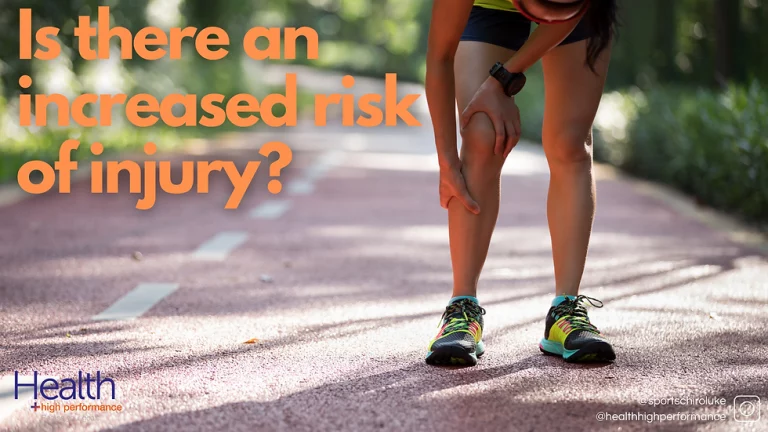We’ve all been there – a night of celebration, a few too many drinks, and the dreaded hangover the next morning. The last thing on your mind might be lacing up your running shoes and hitting the pavement. However, some people swear by the idea that a run can help alleviate hangover symptoms and kickstart the recovery process. In this blog, we’ll explore the potential benefits and risks of running with a hangover, as well as some tips to make the experience more bearable.
The Benefits:
- Sweat it out: Running induces sweating, which can help your body eliminate toxins and alcohol byproducts faster. It’s a natural way to cleanse your system and speed up the recovery process.
- Endorphin boost: Exercise triggers the release of endorphins, the body’s natural feel-good chemicals. This can improve your mood and alleviate some of the mental fog that often accompanies a hangover.
- Hydration: While running won’t replace the need for proper hydration, the act of sweating can contribute to fluid loss, prompting you to drink more water afterward. Staying hydrated is crucial for hangover recovery.
Tips for Running with a Hangover:
- Hydrate, hydrate, hydrate: Before you even think about hitting the pavement, make sure you’ve consumed plenty of water to combat dehydration. Alcohol is dehydrating, and running without proper hydration can make things worse.
- Choose a gentle pace: Opt for a slow, easy run rather than a high-intensity workout. This will help avoid overexertion and minimize the risk of vomiting or exacerbating hangover symptoms.
- Fuel your body: Have a light meal or snack before running to provide your body with the energy it needs. Choose easily digestible foods like bananas, toast, or yogurt.
- Listen to your body: Pay close attention to how you feel during your run. If you experience dizziness, nausea, or extreme fatigue, it’s okay to cut your run short or take a break.
The Risks:
- Increased dehydration: Running can further dehydrate your body, so it’s essential to balance exercise with adequate fluid intake.
- Risk of injury: Hangovers can impair coordination and judgment, increasing the likelihood of tripping or falling during a run. Be cautious and choose a safe route.
- Delayed recovery: Overexerting yourself when your body is already weakened may prolong the recovery process. If you feel exceptionally unwell, it might be wiser to prioritize rest.
